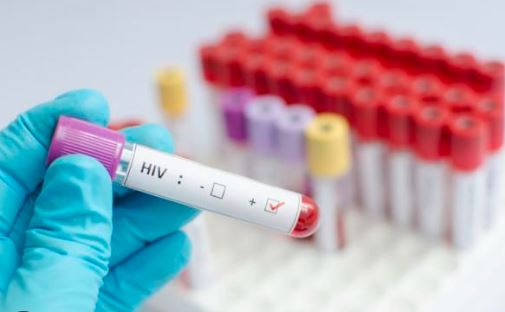Lifestyle
Man in Germany cured of HIV according to new study

When a person contracts HIV, they have to be on antiretroviral drugs for life, but new research has shown that there might be a cure.
The man was studied for more than nine years following the 2013 transplant, and there is now “strong evidence” that he has been cured of HIV (Human Immunodeficiency Virus), according to research published on Monday in the journal Nature Medicine.
After getting HIV-resistant stem cells through a bone marrow transplant meant to treat leukaemia, an HIV-positive man in Germany was proclaimed to be HIV-free.
The University Hospital Düsseldorf team eliminated the patient’s malignant cells and replaced them with donor cells lacking CCR5. CCR5 is the receptor that HIV particles use to infect cells to achieve HIV remission which is typically thought to be permanent.
The patient stopped receiving antiretroviral therapy (ART), which keeps HIV levels under control in 2018 and has remained HIV-free ever since, according to the study.
The study, led by Düsseldorf University virologist Björn-Erik Jensen, said in a statement to Nature Medicine, “It shows it’s not impossible — it’s just very difficult to eradicate HIV from the body.”
Although about five people have received this treatment and gotten cured, it might be a while before this is widely available.






